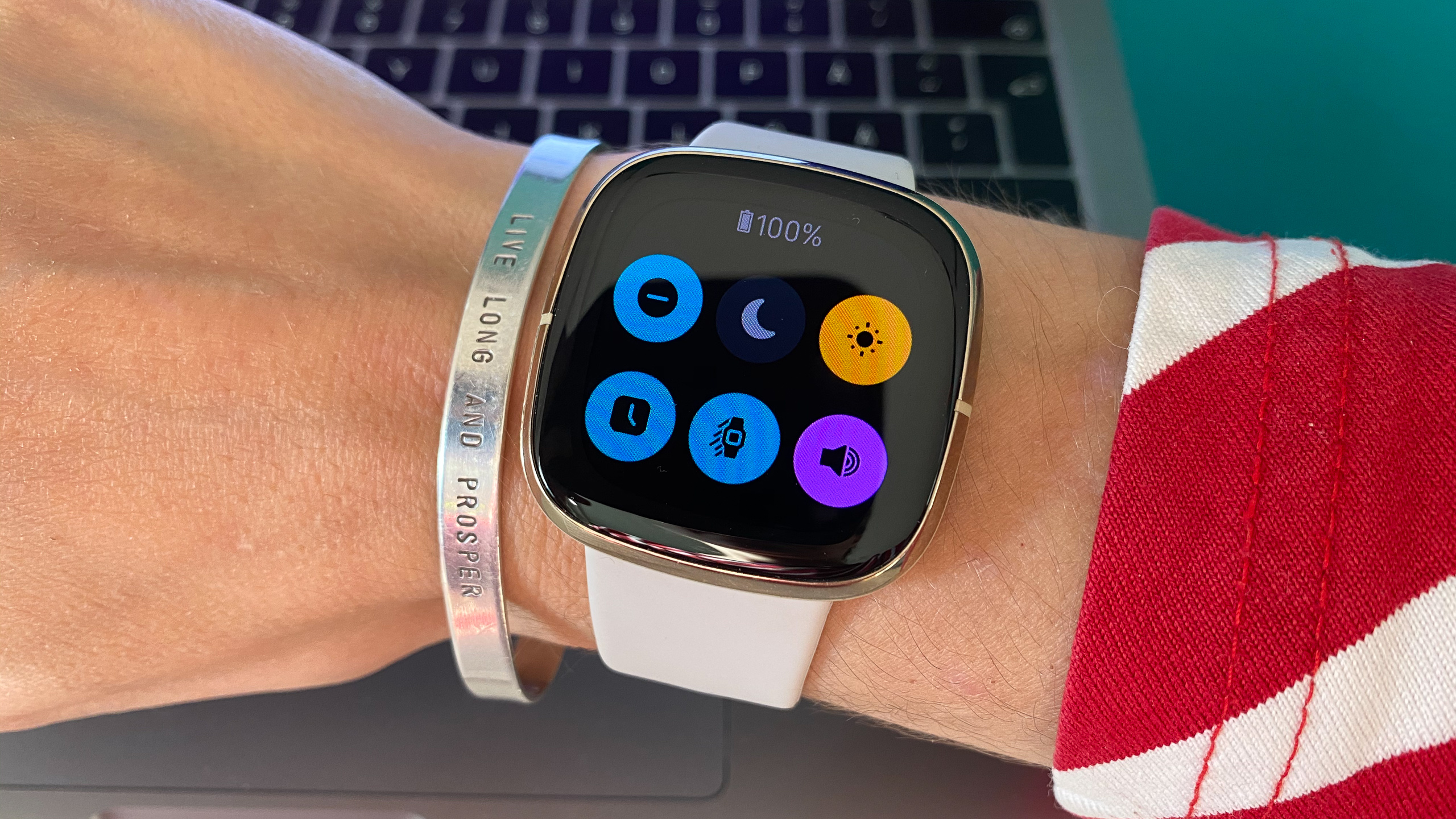Google finalizes Fitbit acquisition, despite continuing antitrust investigations
Google’s acquired Fitbit, without the go-ahead from US and Australian watchdogs

Google has announced it’s finally acquired Fitbit via dual press releases, closing a long process that went public in November 2019. Both companies allegedly agreed on the announcement despite the US Department of Justice not rendering a final decision on the acquisition’s potential for antitrust violations.
Yet the DOJ has reportedly countered that its investigation is ongoing, according to a statement sent to several publications, here quoted from Android Police:
“The Antitrust Division’s investigation of Google’s acquisition of Fitbit remains ongoing. Although the Division has not reached a final decision about whether to pursue an enforcement action, the Division continues to investigate whether Google’s acquisition of Fitbit may harm competition and consumers in the United States. The Division remains committed to conducting this review as thoroughly, efficiently, and expeditiously as possible.”
Google reportedly maintains that both companies have gotten implicit approval after complying with the DOJ for the previous 14 months, and after the waiting period expired without strict objection from the DOJ, went ahead with its joint announcement about Fitbit's acquisition success.
It’s unclear for now whether the DOJ will step in to keep Google from finally folding in Fitbit. Google got the European Commission’s approval for the acquisition back in December, but it still has Australia’s regulators to please, which set a new decision date of March 25, 2021. Each body’s investigation concerns the antitrust effects of how the acquisition could limit competition, and it’s not certain how Google’s and Fitbit’s triumphant announcements today reflect these ongoing inquiries.
- CES 2021: everything we saw at the online-only tech show
- The best fitness trackers you can buy right now
- Best deals on Fitbit smartwatches
What’s Google want with Fitbit, anyway?
Back when we first heard Google would try acquiring Fitbit, we speculated the deal would help the former build wearables with better hardware, improve its smartwatch OS, expand its fitness tracking, and oh, get a ton of data from Fitbit’s 28 million active users uploading every step and heartbeat of their workouts.
That last bit may have been a sore point in the investigations, as both companies’ press releases assure consumer data privacy: "We worked with global regulators on an approach which safeguards consumers' privacy expectations, including a series of binding commitments that confirm Fitbit users’ health and wellness data won't be used for Google ads and this data will be separated from other Google ads data," Google SVP Rick Osterloh wrote in the company’s post. Fitbit CEO James Park echoed that specific assurance in his announcement as well.
Get daily insight, inspiration and deals in your inbox
Sign up for breaking news, reviews, opinion, top tech deals, and more.
What comes out of the acquisition could just be hardware. Together, Osterlah wrote, Google and Fitbit will “work closely to create new devices and services that help you enhance your knowledge, success, health and happiness”. Park noted that Google’s resources, knowledge and global platform will enable the company to “make even better products to support your health and wellness needs”.
Given the expertise of both, and the community that Fitbit has grown and retained through the acquisition, there’s a lot it and Google can do. We’ll just have to see if the DOJ and Australia’s ACCC will let them.
- Stay on top of tech news with the TechRadar newsletter
David is now a mobile reporter at Cnet. Formerly Mobile Editor, US for TechRadar, he covered phones, tablets, and wearables. He still thinks the iPhone 4 is the best-looking smartphone ever made. He's most interested in technology, gaming and culture – and where they overlap and change our lives. His current beat explores how our on-the-go existence is affected by new gadgets, carrier coverage expansions, and corporate strategy shifts.
